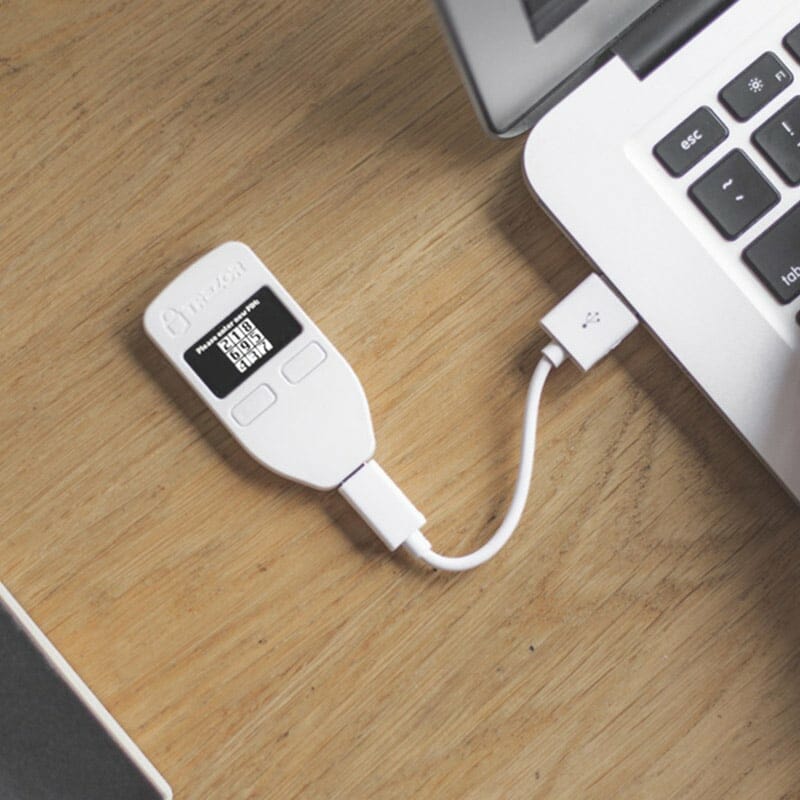“Spain’s Treasury Encourages the Use of Hardware Wallets (Unknowingly)”
At the beginning of the income campaign in Spain, Lunaticoin spoke with José Antonio Bravo, the tax expert, about the difficulties of the process.
As part of the start of the income campaign this April 3, Spaniards are preparing to file their Personal Income Tax (IRPF) declaration. This begins a period in which the State will tax the income earned in the last year, including the profits obtained with bitcoin and other cryptocurrencies.
Lunaticoin talked about this topic with the economist and tax advisor José Antonio Bravo, who drew attention to how complex the declaration process has become in Spain, which incorporates new deductions and rules every year.
2024 New Tax Declaration Deductions in Spain
Among the new features for 2024, two new models stand out: 172 and 173, aimed at knowing cryptocurrency holdings on Spanish soil, as well as balances and all operations carried out in digital assets. Added to them is model 721, which aims to know the amount of cryptocurrencies stored abroad, if the balances exceed 50,000 euros.
As Bravo explains, one of the peculiarities of this latest model is that the obligation to report on bitcoin holdings applies to those who use Spanish exchanges, whether foreigners or non-residents in the country.
This is a series of requirements that, as the advisor explains, require too much information, discourage the use of native platforms and lead users to resort to decentralized options to keep their crypto assets.
He concludes that – with these new models – what is sought is to discourage the use of cryptocurrencies, by making users comply with cumbersome procedures, and make them feel that they are being watched because all their movements will be known.
Tax return forms are also very complex and cause a lot of confusion. This situation has become evident in surveys carried out on the subject, which indicate that most of cryptocurrency users do not know how to declare their taxes. This forces them to hire third-party services to take care of this work.
Invasion of Privacy Grows with New Models
During the interview, the increase in the amount of information about bitcoiners that the Treasury will have on hand this year was highlighted, considering the volume of data that now has to be delivered with the new models.
Both Bravo and Lunaticoin questioned the level of surveillance that the Spanish authorities want to impose, which invades privacy by requesting even intimate information.
Bravo thinks that Spain is perhaps the only country in the world that applies these models, which access information through the data provided by the taxpayer proactively. For this reason, he sees the 721 as “a Spanish invention”, which possibly serves as an experiment.
“Maybe, in one way or another, what they want is for you to give them the information. This way you will know both what you have in Spain (through models 172 and 173) and what you have abroad. They add the two parts and find out about all your holdings. They assume that there will be a remainder that you would have in a wallet,” adds Bravo.
On the other hand, the expert confirms that the Spanish government, and in particular the Treasury, are using Chainalysis surveillance tools, including Reactor. However, they assure that they only use them to investigate the movements of users who handle large volumes of money in cryptocurrencies, and in cases where they suspect that a crime has been committed. Police agencies in Spain have already been using the software since 2022 to carry out their investigations.
By Audy Castaneda
